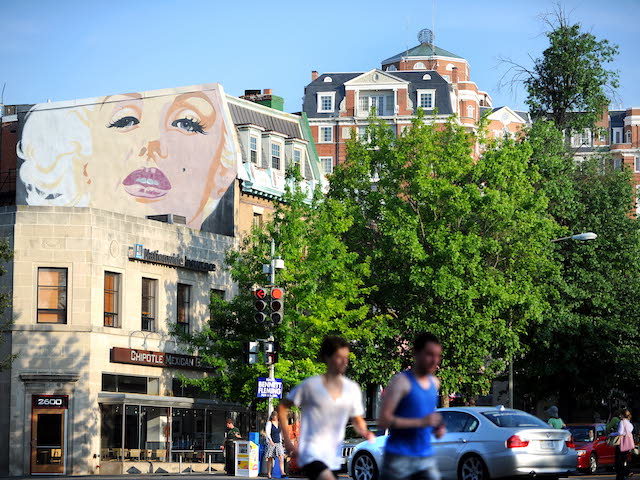Prosperous white neighborhoods in Northwest Washington, D.C., are the focus of an effort to install low-income housing into areas with mostly white residents as a way to make up for a racist past.
The Washington Post reveals the left-wing ideology of forced diversity as social justice — “The Greater Good” — in a lengthy piece about using city zoning as a political tool:
In an affluent White neighborhood in Northwest Washington, a volunteer task force wants to atone for the racist policies that forced black residents from their community a century ago. At another group’s Zoom meeting, the moderator talked of rewriting zoning policies to crack the “invisible walls” that have excluded blacks from their neighborhood. Their agenda, the moderator said, was to determine “what we can do to turn the tide against racism.”
The fate of their campaign rests with the D.C. Council, which in the coming weeks will vote on Mayor Muriel E. Bowser’s proposed changes to zoning policy. The revisions would allow taller apartment buildings on key corridors, potentially catalyzing the construction of tens of thousands of housing units, a portion of them subsidized.
Bowser’s team also is exploring whether to expand inclusionary zoning — the policy that requires developers to include subsidized units in exchange for added density — to currently exempt areas such as downtown and portions of historic districts in Georgetown, Anacostia and Capitol Hill.
Bowser’s plan would put 90-foot towers in residential Cleveland Park, dwarfing its tiny commercial strip.
Leading the push is the Task Force on Racism, whose goal is to “diversify a quiet, leafy neighborhood that a century later remains overwhelmingly white and prosperous.”
“We should be welcoming everyone,” said Sauleh Siddiqui in the Post report. Siddiqui is an American University professor of environmental science and an elected advisory neighborhood commissioner.
“I fear if we don’t make space for everyone, there’s really no way we can say we’re going to be an inclusive and diverse community,” Siddiqui said.
Rebecca Barson joined a campaign to convert the bankrupt Marriott Wardman Park convention hotel near her Woodley Park condominium to a mix of retail stores and affordable housing.
“I’m not saying I’m not grappling with it — there could be a financial cost, personally, my apartment may not be worth as much,” Barson said. “I also think I have benefited as a white person from systems I didn’t create, and this is an important moment to do what’s right for the greater good.”
“But developers and business leaders say D.C. officials should study the pandemic’s full effect on city life before setting long-lasting policy,” the Post reported. “They predict that new regulatory requirements would stall the city’s economic recovery, particularly downtown, which has been largely deserted during the pandemic.”
Follow Penny Starr on Twitter or send news tips to pstarr@breitbart.com

COMMENTS
Please let us know if you're having issues with commenting.